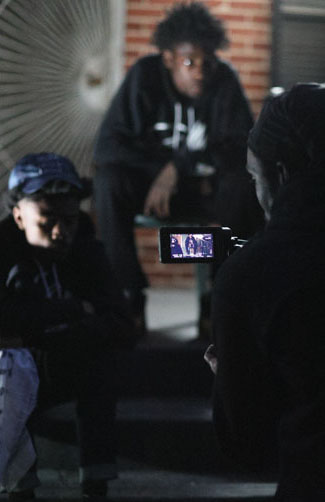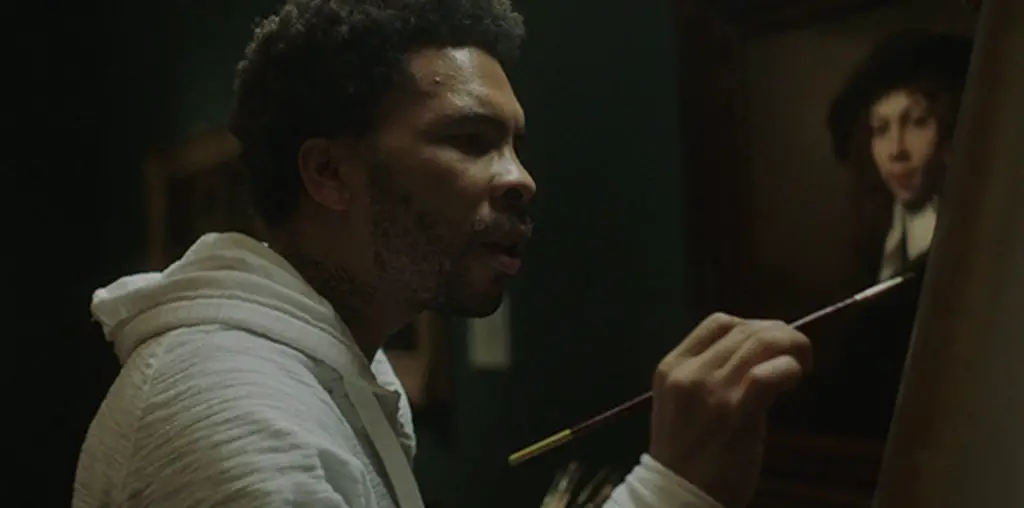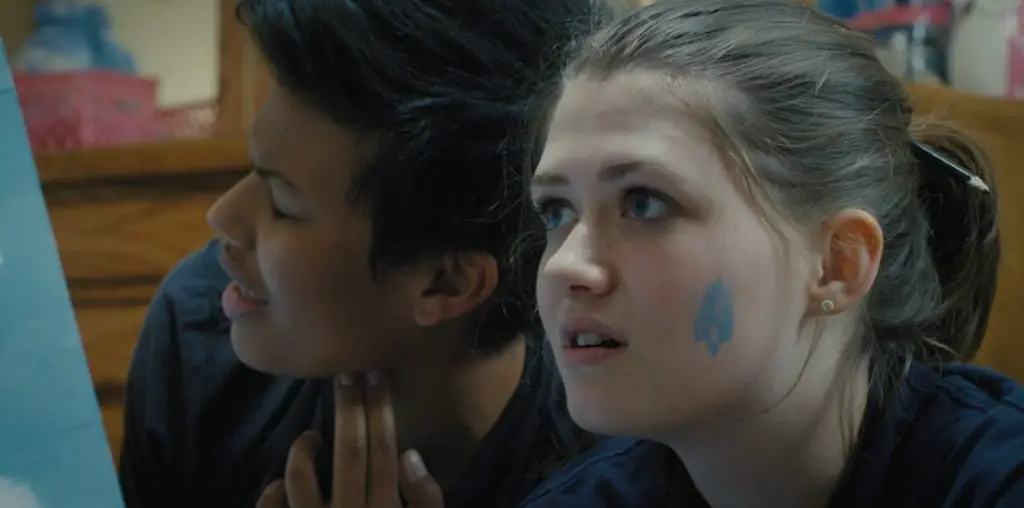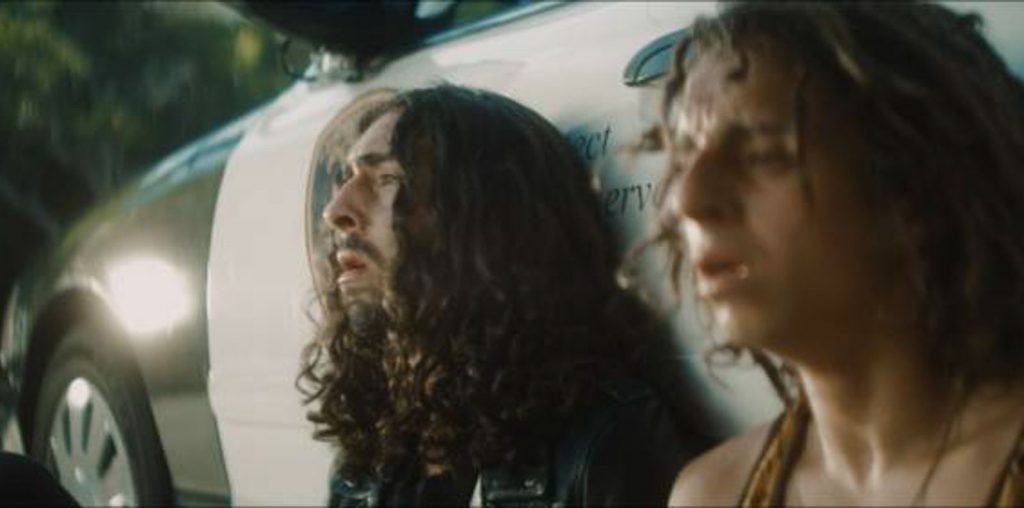
I’ll be honest. I thought Sensei Chop’s documentary, Thirst Trap, was about something else. Nonetheless, the film is engaging and informative about a serious and sometimes deadly problem in Atlanta. In order to make some extra cash, the more industrious Atlanta youth take to the street and sell bottles of water to cars along the corner. The people of Atlanta call these budding entrepreneurs “water boys” or “bottle boys.”
Water boys can clear anywhere from $100 to $1000 each day for an area economically impacted by the COVID lockdowns. Some forward thinker expanded their water business to include selling Gatoraid, Starbucks Frappuccinos, and chips. The problem is that once word got out that there were lucrative dollars to be made as water boys, everyone started getting in on the act. An opportunity now became a problem as aggressive sellers started trapping cars making it impossible to drive unless you bought some water. Others would intentionally damage the vehicles of those who refused service.
Then the worst thing imaginable happened to mother Meka Pless, whose son Jalanni was gunned down in the street over a $10 sale by another water boy. Jalanni would not be the only casualty in the war over water bottles. Pless laments that Jalanni was a good and honest son and that no one, especially our children, should die over a water bottle.
“…industrious Atlanta youth take to the street and sell bottles of water to cars along the corner.”
Thirst Trap has everything I look for in a documentary, especially an independent one. Chop presents the facts and lets the audience come to their own conclusions. Small businesses and entrepreneurship are the engines that run America. The filmmaker gives us incredible access to the action on this street. The subjects have incredible insight into the situation, leaving no gaps in understanding the issues.
The director spends a great deal of time with two such entrepreneurs, Joshua Dixion and Quintez Dixion. They speak to the opportunities presented to the community and the battle they face with Atlanta politics. Ultimately, the Dixions had to get licenses and permits to run their streetside business.
Regarding the nuisance and violence, the community is divided between shutting down the operation altogether in favor of “real” jobs versus somehow regulating the activities to ensure safety, but what exactly do you regulate?
Just a warning, there is a high “s” and “n” word count. Nonetheless, Thirst Trap does its job of presenting the problems happening in Black communities across the nation. What seemed like an honest way to make money unraveled quickly into a violent situation. Now, what would you do?
For screening information about Thirst Trap, visit the Sensei Eye Films website.

"…presenting the problems happening in Black communities across the nation."


